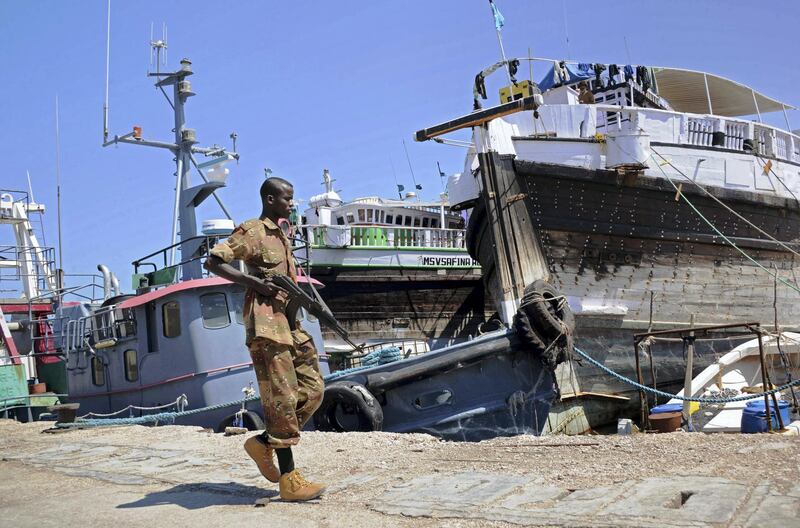New evidence concerning a car bombing in Bosaso, Somalia, which took place in May, suggests that the attack was aimed at deepening Qatar’s footprint in the country and undermining the commercial interests of the UAE. Even more concerning is the fact that the attack was claimed by an ISIS affiliate, raising questions about Qatar’s ties with this dangerous organisation.
In a recent article, the New York Times revealed it had obtained the recording of a phone conversation, just one week after the deadly attack, in which businessman Khalifa Al Muhanadi assured Qatar's ambassador to Somalia that "our friends were behind the last bombings". It appears that their aim was to scare away the UAE company managing Bosaso port, so that a Qatar corporation could take its place. And this is not the first terror attack intended to drive Emirati companies out of Somalia. In February, an attack that was claimed by Al Shabab killed the manager of an Emirati company running the port. Not only did these attacks cost innocent people their lives, violence and insecurity will further strangle the economy of one of the world's poorest countries.
The extent of Doha’s involvement in these attacks – and the nature of its relation to the groups who claimed them – remains unknown and must be seriously investigated. But the recent revelations are hardly surprising. For years, Doha has offered support to terror groups that have destabilised the whole region, prompting Saudi Arabia, the UAE, Egypt and other Gulf nations to impose a blockade on Qatar in 2017. Despite the pressure, Doha has yet to change its ways.
In April, two French journalists published a book titled Qatar Papers – How the Emirate Finances Islam in France and Europe, which revealed that Qatar has been financing Muslim Brotherhood-affiliated groups all over Europe. The small nation is home to the Muslim Brotherhood's spiritual leader, Yusuf Al Qaradawi, allowing him to spread his dangerous ideology with impunity. The group is considered a terrorist organisation by countries including the UAE, Saudi Arabia and Egypt. Doha is also home to many of the Taliban's senior leaders. That particular militant group has wreaked havoc in Pakistan and in Afghanistan, where it has waged war against the internationally recognised government. The Bosaso attacks prove that Qatar and its actions are still deserving of serious scrutiny.





